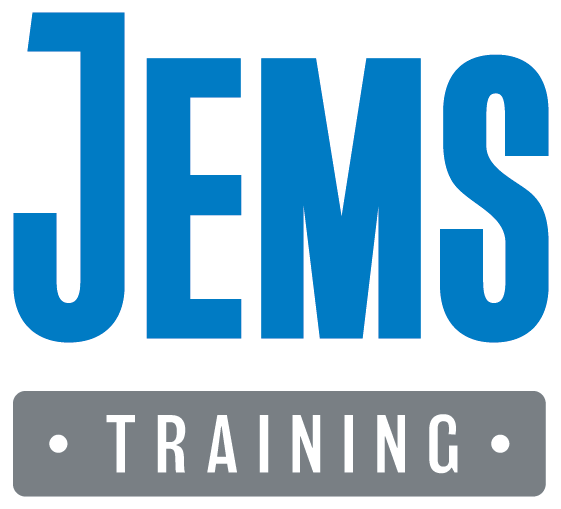Patients that can’t breathe require immediate and precise intervention. When the call comes, you need to be ready. Assessment and management of the airway is a vital component in the pre-hospital provider’s repertoire. This course will examine key aspects of airway assessment and management to ensure the advanced provider is well-prepared to respond to respiratory emergencies in the field.
Course Type: Full-length Course
Course Duration: 60 min
Trauma is a part of the job and in this microlearning collection we will discuss blast injuries, treatment for crashing patients, how inconsistency in triage models may cause confusion in a mutual aid situation and well as other types of trauma emergencies and what to do.
Course Type: Full-length Course
Course Duration: 30 min
Hemorrhage and the patient's ability to clot can drastically affect patient outcomes. As an ALS provider, you must be able to quickly recognize the signs and risks of hemorrhage and shock to provide proper treatment. This training collection will examine the common types of shock, and how blood products and medication can be used to manage patients who are hemorrhaging. In this training collection, Christopher McLaughlin will also discuss effects of disease and medication on the body's ability to clot effectively.
Course Type: Full-length Course
Course Duration: 30 min
Motor vehicle accidents are some of the most common EMS calls throughout the country. When responding, there are many factors you must keep in mind, while quickly assessing the situation. This training collection will examine priorities and considerations for patient care during extrication, as well as some common trauma injuries you may encounter (such as TBI, crush injuries, and shock). Rommie Duckworth and Christopher McLaughlin will discuss how to care for these patients and considerations for coordinating delivery of care during extrication.
Course Type: Full-length Course
Course Duration: 30 min
The human face is often the first thing you recognize when meeting someone. When there is a disfiguring injury, it is difficult to see. As first responders, we must overcome that difficulty and put aside the shock and start to assess your patient. In this course, we'll discuss facial anatomy and physiology, how to anticipate injuries by recognizing the mechanism of injury, and hidden associated injuries and hidden bleeding. You'll get practice in setting priorities in patient care when facial injury is involved and anticipating changes in your patient's condition during treatment and transport will make a difference in your patient's outcome.
Course Type: Full-length Course
Course Duration: 60 min
Death due to uncontrolled bleeding is often preventable. In EMS, we have tools and resources to help mitigate or alleviate the effects of hemorrhage. Be a part of the difference of life and death, by learning effective hemorrhage control. In this course, we’ll discuss internal and external bleeding and the treatment options for both, as well as considerations and treatments for EMS providers responding to hemorrhagic patients.
Course Type: Full-length Course
Course Duration: 60 min
This microlearning course was recorded at FDIC and JEMS Con with expert Christopher McLaughlin explaining the common types of shock and their management.
Course Type: Microlearning
Course Duration: 4 min
This microlearning course was recorded at FDIC and JEMS Con with expert Rommie Duckworth explaining how incident commanders can effectively coordinate critical care during extrication.
Course Type: Microlearning
Course Duration: 4 min
This microlearning course was recorded at FDIC and JEMS Con with expert Rommie Duckworth discussing how to recognize patients susceptible to septic shock and how to affect patient outcomes.
Course Type: Microlearning
Course Duration: 5 min
This microlearning course was recorded at FDIC and JEMS Con with expert Christopher McLaughlin discussing the primary concerns of The Lethal Triad.
Course Type: Microlearning
Course Duration: 4 min
This course will examine current trends in burn care for both pediatric and adult patients. We will discuss triage and stabilization, airway and inhalation injury, burn shock and edema, escharotomy, calculating burn size, types of burns, and clinical studies.
Course Type: Full-length Course
Course Duration: 60 min
Unfortunately, mass casualty incidents have become more frequent. Having an effective EMS mass casualty incident (MCI) protocol has become crucial. Join Dr. Robert Lowe in his review of "Mass Casualty Trauma Triage - Paradigms and Pitfalls," published by the U.S. Department of Health and Human Services, to provide a framework to consider when planning MCI response.
Course Type: Full-length Course
Course Duration: 60 min


